Everything Wrong With Disney’s New Live-Action "Mulan"
After several controversies and delays, Disney's new live-action “Mulan,” directed by Niki Caro, has finally been released.
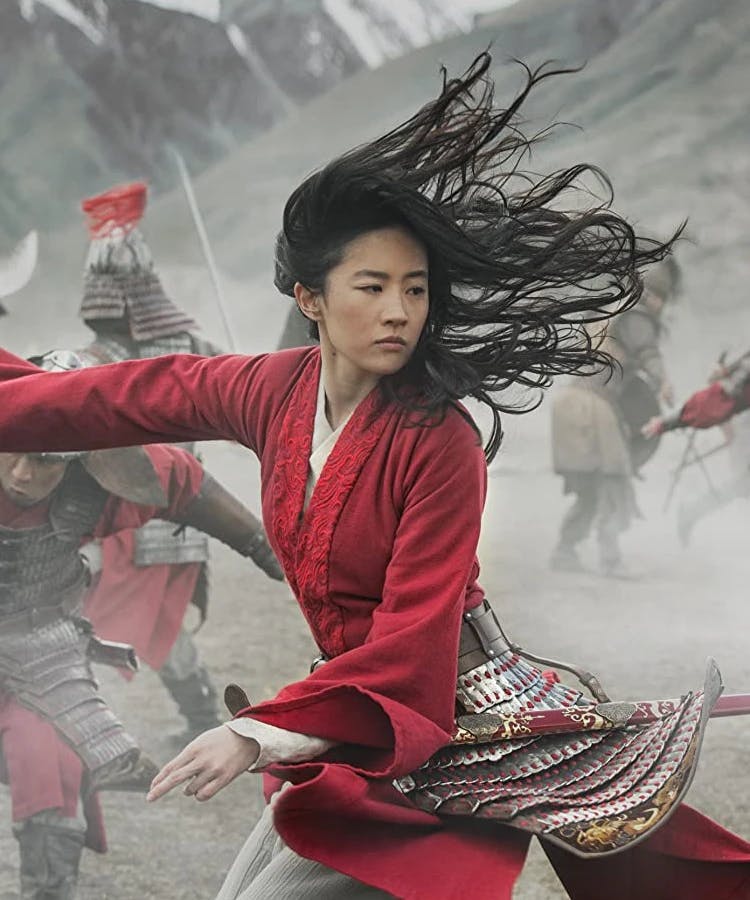
And although it hurts me to say this as a die-hard fan of the original animated film, unfortunately, despite its flashy trailers and media love-fest, it’s safe to say this remake is one of 2020’s growing list of disappointments.
Disney+... PLUS
The first frustrating thing about Mulan? Its release format. After pushing the film's release date back several times due to COVID, Disney ultimately chose to forego a theatrical release and sent the movie straight to its streaming platform. And while Mulan isn't the first film to receive this treatment (Artemis Fowl, anyone?), many weren't thrilled with Disney’s decision to charge its subscribers a video-on-demand/pay-per-view fee, on top of the standard subscription fee.
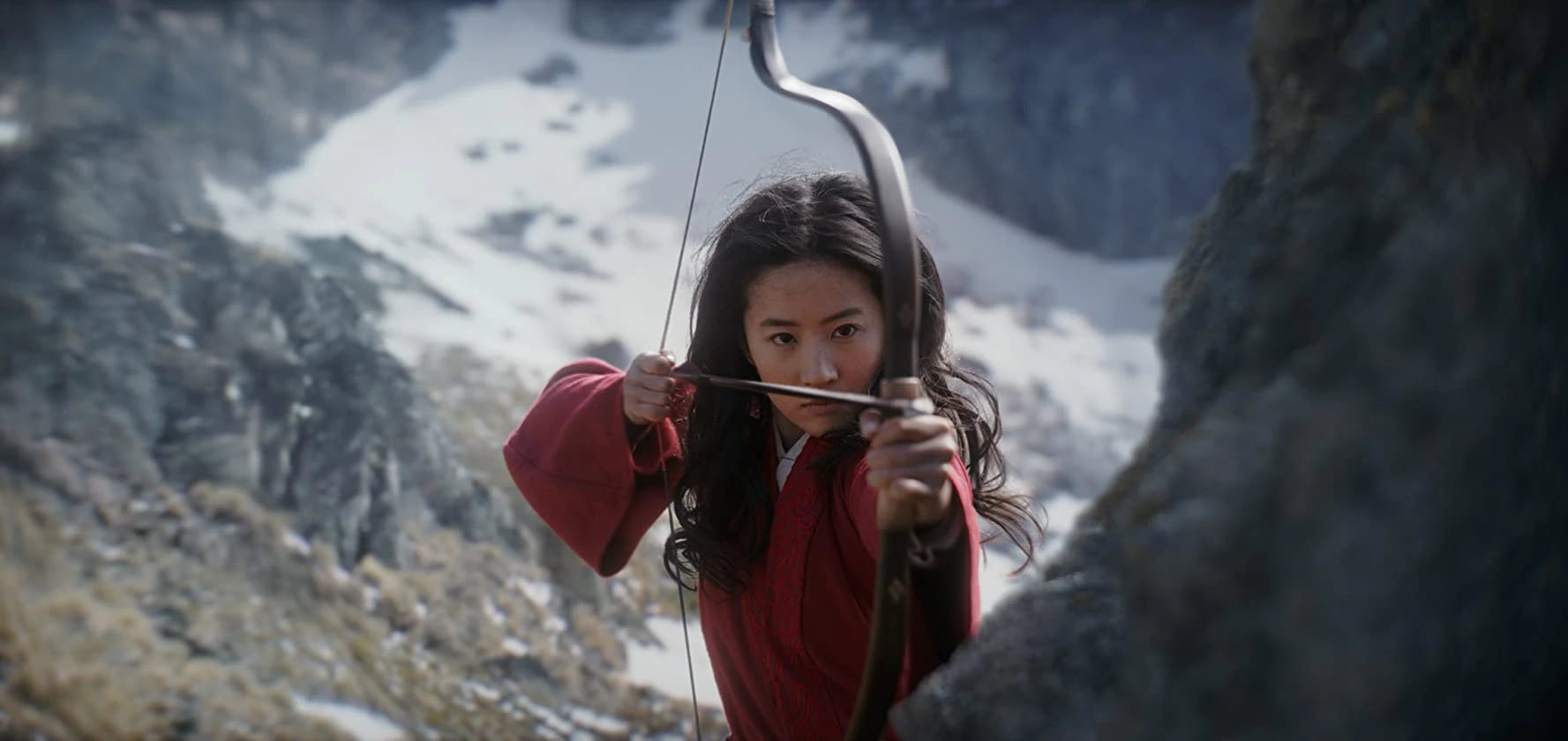
So to clarify, at the moment, to watch Mulan you need to not only be subscribed to Disney+ (which starts at $6.99 per month), but you’ll also need to shell out an additional $29.99 for what Disney is calling “Premier Access” to the film.
Yes, some might argue that paying $36.98 to watch a brand new release at home is still cheaper than what many families would pay for tickets at theaters. But considering that Disney has also announced that Mulan will be added to its general streaming catalog on December 4, unless you’re desperate to watch the film right the heck now, less enthusiastic viewers may be better off waiting three months and saving themselves 30 bucks.
2020 < 1998
Now, let’s get the comparisons to the original out of the way. The 1998 animated Mulan was a cinematic triumph, and objectively speaking, Mulan remains the most hardcore Disney princess. Yes, Ariel may have her singing voice, Rapunzel may have her hair, and Elsa may have her ice powers, but please. Mulan is literally a war hero.
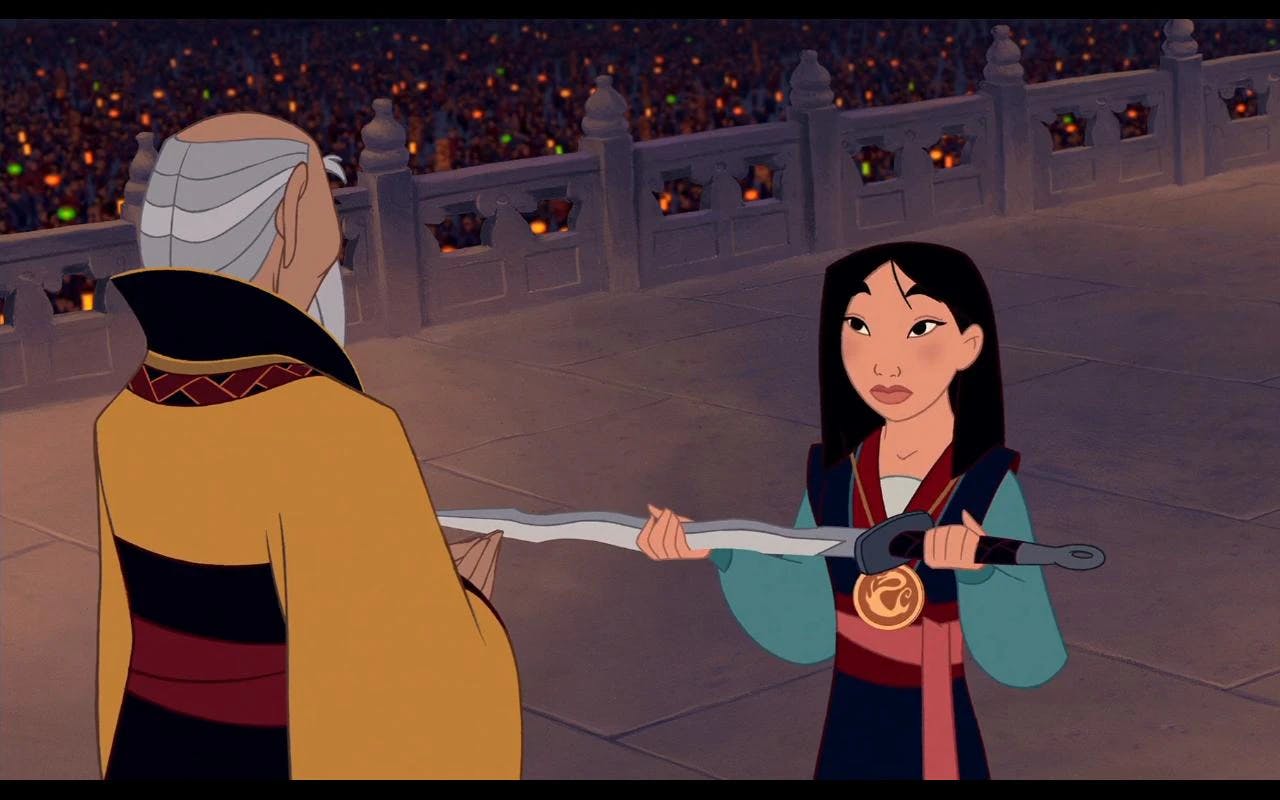
While all remakes live in the shadows of their predecessors to some extent, that doesn’t mean they can’t still be entertaining and celebrated in their own right. And when it came to the live-action Mulan, though I wasn’t expecting it to be as good as the original, I was still hoping for an at least somewhat decent film.
An at least somewhat decent film, however, is not what we have here.
Like many of Disney’s recent live-action remakes, it seems that the impetus for the new Mulan’s production was neither an important, new artistic take, nor a badly needed update to the original. Instead, I’m fairly certain the motive behind this remake (and most remakes nowadays, let’s be honest) was, to put it simply, cash. Cold hard cash.
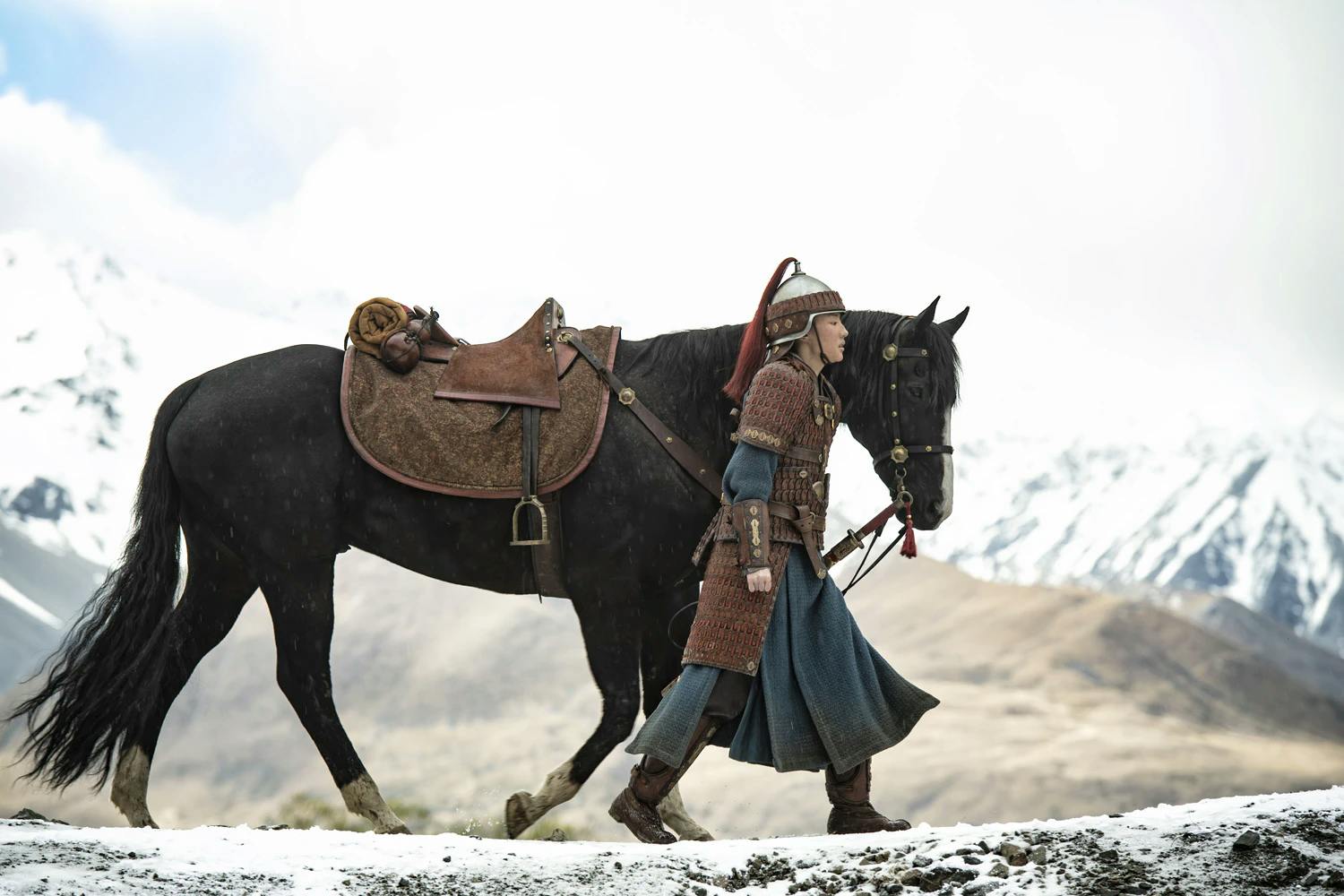
Sadly, it appears that Mulan’s creative team spent more time trying to think of how to elicit a sense of nostalgia from the audience toward the original film (“Oh hey, I remember that!”) than actually trying to make a good movie.
In the original, the characters, for example, are memorable and endearing, and even the supporting characters have distinct personalities. Yao is overly aggressive, over-confident, but ultimately loyal. Chien-Po is a calming peacemaker. Ling is the goofy comic relief. In Caro’s film, however, these characters are essentially made into cheap, off-brand rip-offs of their former selves. I think Chien-Po has one line about food. Ling does something funny at one point… I think? That’s pretty much it, and any actual sense of who these characters are was something I was only able to understand from my familiarity with the animated film.
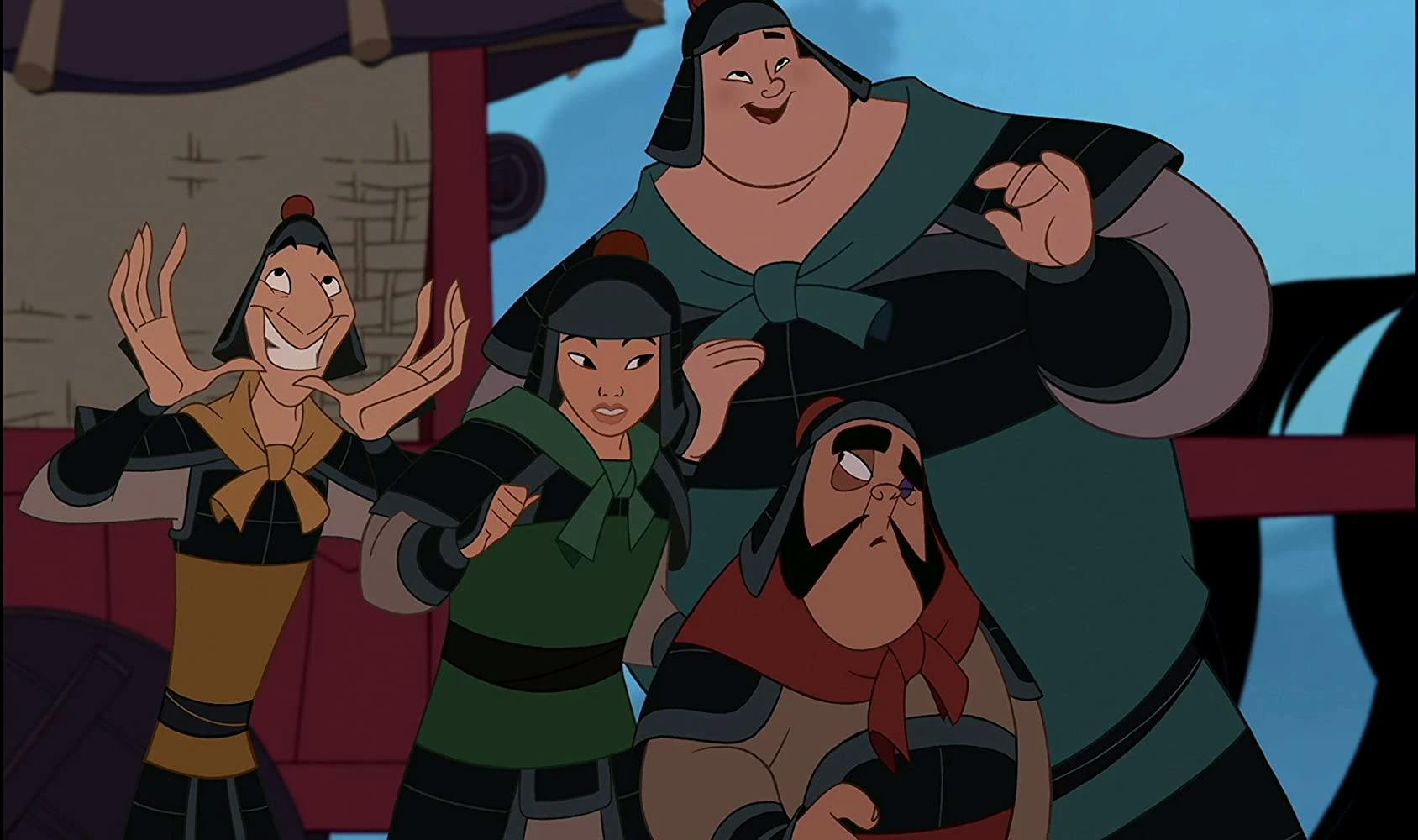
The music is another area where the 2020’s Mulan lets down its audience. Unlike previous live-action adaptations, such as The Lion King and Beauty and the Beast, the decision was made with the new Mulan to scrap the musical numbers that were so iconic in the animated version. Instead, the melodies to songs such as “Reflection” serve as lyricless score pieces in the film, which seems like a half-hearted way to evoke the appropriate emotional response from the audience, a feat which was so organic in the original.
Overall, Caro’s Mulan manages to be less funny, less serious, less heartwarming, and infinitely more forgettable than its source material. So if you were interested in watching to reminisce about your childhood, my advice to you would be: Stick to the original.
Mulan Strong Because Women Strong
The next issue that 2020’s Mulan has is one that’s present in so many films today, and that’s the prominence of leftwing, identity-based talking points. Much to my dismay, the new Mulan is decidedly more third-wave feminist than anything we were subjected to in the ‘90s.
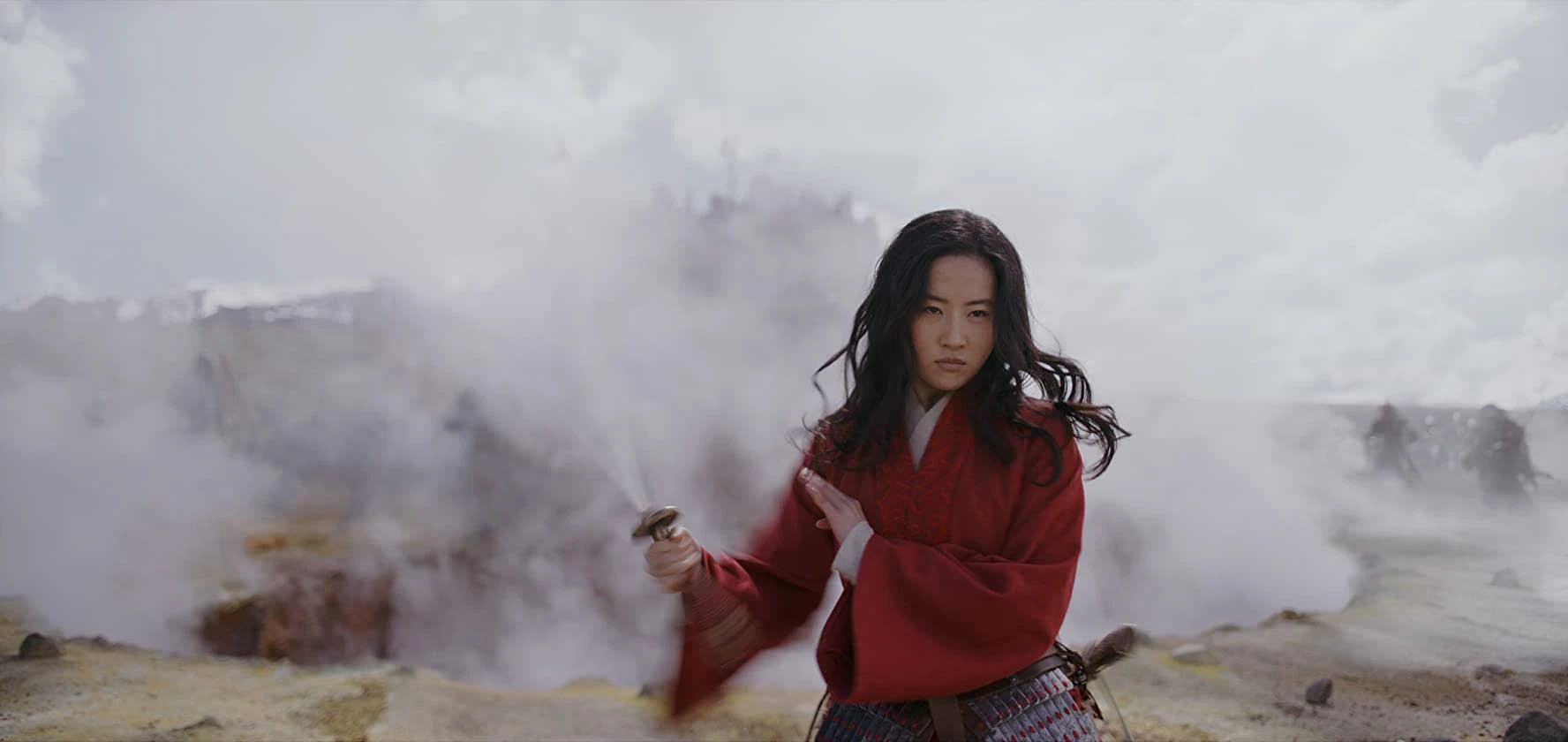
Of course, some may say that Mulan has always been a girl-power story. And in the sense that the original Chinese tale and animated film promote the idea of strong females, they’re correct. However, the brand of feminism present in the live-action Mulan seems less about convincing audiences that women are just as capable as men (a worthy message) and more about pushing female supremacy.
To start, one of the changes made in the new film is that Mulan now has essentially superhero levels of fighting skills. No, I’m not kidding. Mulan’s extraordinary warrior skills are shown in the film to have been present since she was a child, and she’s told throughout her childhood and adolescence to hide her gift. In the animated version, when Mulan eventually joins the army, she’s initially overwhelmed by the physical demands, but through perseverance, becomes a competent soldier. In the new film, conversely, she’s automatically better than everyone at everything and is only bested at one point by another female. Because who needs character development or adversity when we have feminism, I suppose?

Additionally, as we all already knew before the film was even released, one of Disney’s biggest nods to “woke” culture was the decision to do away with Mulan's animated love interest, Li Shang. Their reasoning? Apparently their relationship was inappropriate in the age of #MeToo, considering that Mulan was his subordinate.
Instead, Mulan’s new love interest is a fellow recruit, who is a perfectly bland and inoffensive feminist ally. At one point he gives her a whole speech about how they’re equals (real subtle, Disney), and later in the film he proudly leads his fellow soldiers to proclaim “I believe Mulan!” in an obvious nod to the #BelieveAllWomen movement. This may be news to the film’s writers, but having politically correct views is actually not a substitute for chemistry, romance, and personality.
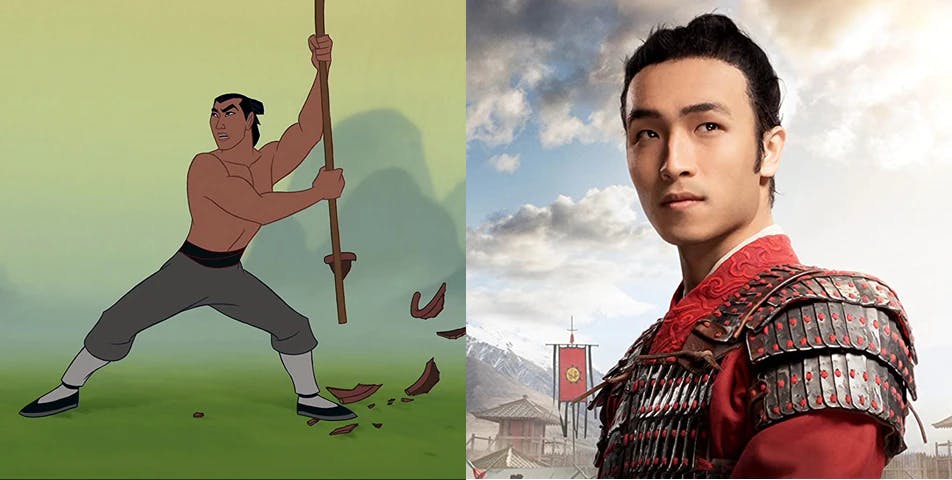
The Awkward Totalitarian State in the Room
And while Disney has attempted to create a new, more progressive Mulan with its remake, what’s ironic is how the company simultaneously bows down to the same government that is condemned by countless organizations as a massive violator of human rights: the Chinese Communist Party.
Disney’s hypocrisy in promoting liberal values in their films, while engaging with authoritarian states in business, has been vocally criticized by activists who highlight the escalating conflict between China and Hong Kong’s pro-democracy protesters. And while many were already suspicious that Disney was pandering to Chinese state sensibilities with the new Mulan film, activists were compelled to launch a full-on boycott of the film when its star, Liu Yifei, voiced support for the CCP’s crackdown against Hong Kong protestors in 2019. Also concerning to some was co-star Donnie Yen’s celebration of Hong Kong being surrendered by the British and returned to China this past July.
Joshua Wong, a leader in Hong Kong’s democratic movement, highlighted both Liu’s and Yen’s behavior and renewed calls for a boycott of the film in a series of tweets last week:
And for those who still doubt Disney’s complicit relationship with the Chinese government, it was recently noted by Axios reporter Bethany Allen-Ebrahimian that in Mulan’s credits, the studio thanks the Turpan Public Security Bureau, who are alleged to be involved in running the notorious Xinjiang concentration camps.
Disney may be trying to appeal to a “woke” audience by including progressive messaging in its films, but as long as it continues to financially support and benefit from the Chinese state, socially-minded audiences should be wary of lining their pockets.
It’s Just… Bad
And finally, the biggest reason to skip Mulan? Well, it’s just not a good movie.
Even if you can put aside Mulan’s viewing surcharge, its inferiority to the original, its wokeness, and the questionable political ties, at the end of the day, it still fails to live up to expectations.
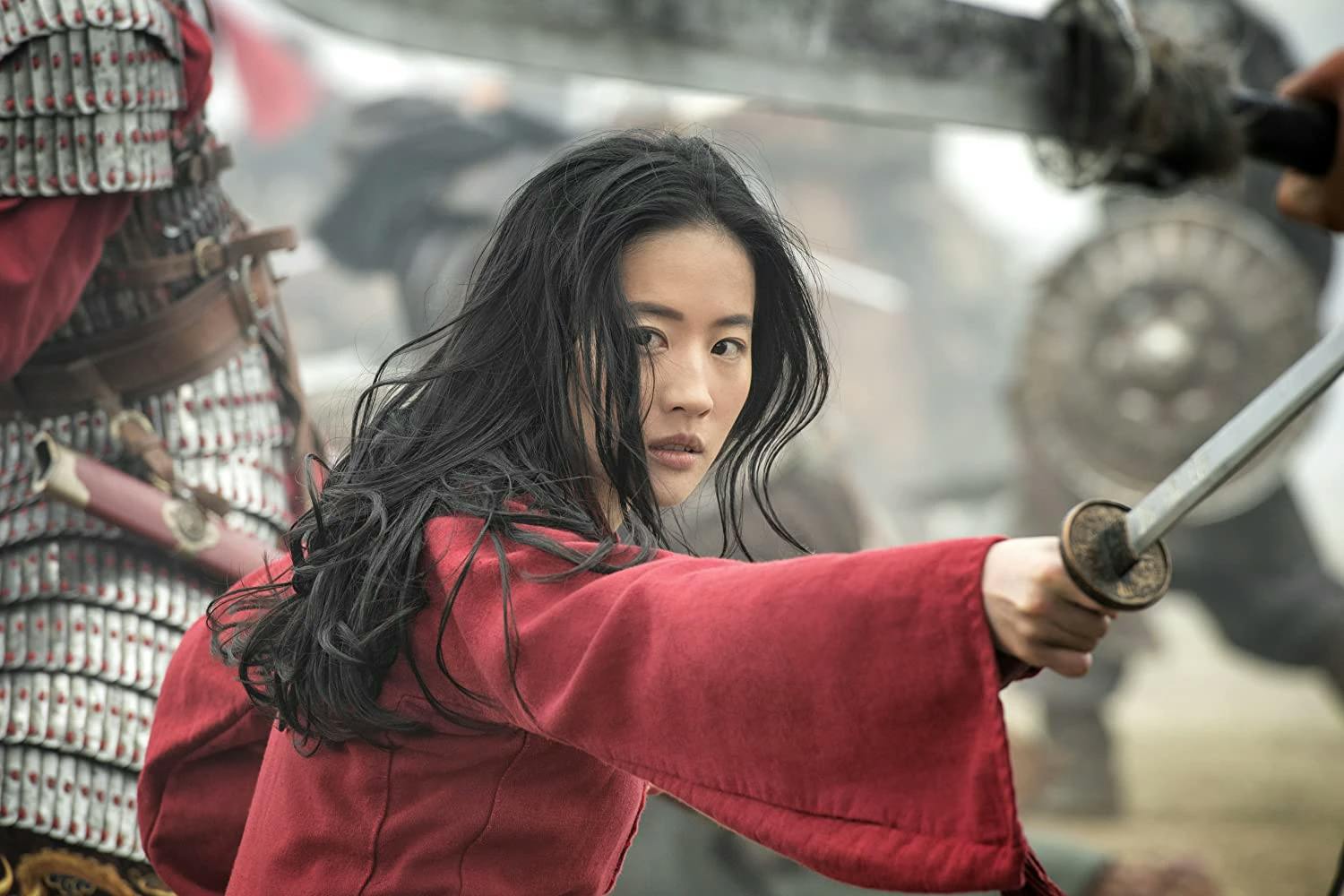
While the film’s visuals may be impressive, its other aspects are questionable. The writing? Unfunny, campy, and uninspired. The acting? Painfully wooden and juvenile, though considering the material they were given, we can hardly blame the actors, many of whom are veterans in Chinese cinema, for that.
Closing Thoughts
1998’s Mulan has lived on to be a classic, and it’s a movie generations of people will continue watching and enjoying for years to come. In contrast to this, the biggest fans of Caro’s Mulan will likely be the child viewers who are too young to understand the many ways in which the film disappoints them.